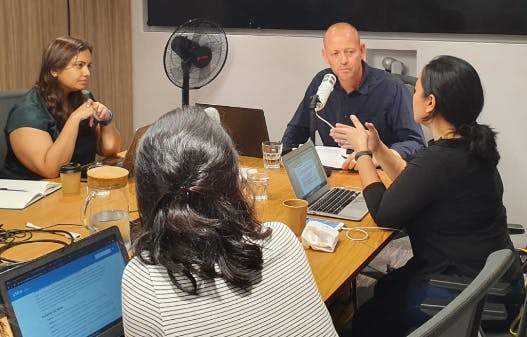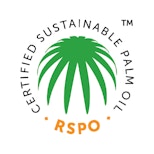In the neverending debate about the impact of palm oil on our planet, there is one part of the story that often gets overlooked—people.
While images of orangutans fighting off excavators and burning peatland forests have captured the imagination, particularly in Europe where palm oil for use as biodiesel fuel is to be banned, the people who work in and around plantations in Southeast Asia are invisible by comparison.
With this in mind, the Roundtable on Sustainable Palm Oil (RSPO), the palm oil industry’s leading certification body, has drawn up a new framework that aims to get a fairer deal for palm oil workers. Better paid palm oil farmers are under less economic pressure to clear forest to feed their families, plantations are more productive, and there is less staff turnover.
The new framework also aims to protect vulnerable groups such as migrants, refugees, and women, and safeguard the rights of local and indigenous communities impacted by palm oil production. But what are the challenges faced in setting better human rights standards in the palm oil trade, and how can RSPO ensure their new rules are adhered to?

Kamini Visvananthan, human rights and social standards manager for RSPO (left), and Daryll Delgado, research and stakeholder engagement lead, for workers rights non-profit Verite (right)
To discuss this, the Eco-Business podcast welcomed industry experts Kamini Visvananthan, human rights and social standards manager for RSPO, and Daryll Delgado, research and stakeholder engagement lead, for workers’ rights non-profit Verité, which helped to draw up RSPO’s principles and criteria for human rights.
Tune in as we talk about:
- Why the human story has been ignored
- What’s life like on a palm oil plantation?
- What is meant by a decent living wage?
- Weeding out human trafficking
- The plantation of the future

















